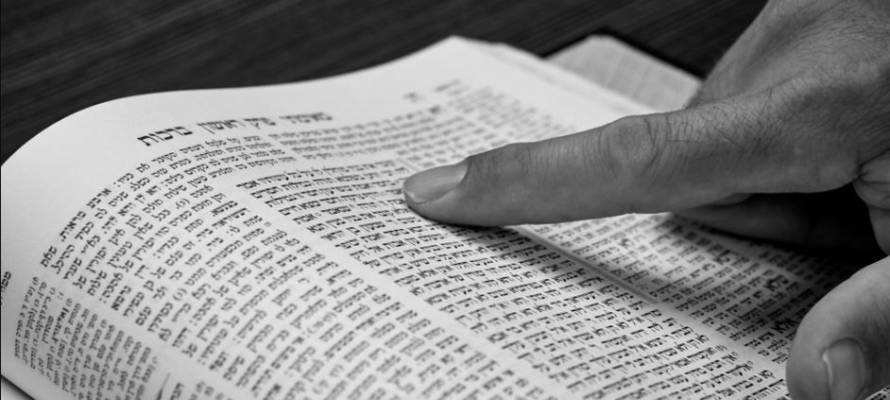Among the 613 mitzvot, or laws, of the Torah, there are only six which apply to every Jew, every second of every day!
By Rabbi Ari Enkin, Rabbinic Director, United with Israel
Although the Torah contains 613 mitzvot, most of them apply only in specific places or circumstances, and some only to specific people. Believe it or not, from among the 613 mitzvot of the Torah, there are only six which apply to every Jew, every second of every day.
This group of six mitzvot is referred to as the “shesh mitzvot temidiot” – the Six Constant Mitzvot. Indeed, the very first halacha (Torah law) written in the Shulchan Aruch (Code of Jewish Law) includes the requirement to “place God before me at all times” – which is one of the six mitzvot. Although one is not expected to contemplate the six mitzvot at all times, one should make an effort to review them whenever possible. In fact, when one reviews them, he or she concurrently discharges a number of additional mitzvot as well.
One could certainly take the opportunity to review the Six Constant Mitzvot when there is time (i.e. when standing in line at the bank, etc.).
The Six Constant Mitzvot are:
– To believe in God: “I am the Lord your God who brought you out of Egypt.” (Exodus 20:2)
This is also the first of the “Ten Commandments,” and it is the mitzva to recognize that there is a God in the world.
– To reject the possibility of any other God: “Do not recognize any other gods.” (Exodus 20:3) God rules alone.
– To believe in His Complete Oneness: “Hear Israel! The Lord is our God; the Lord is one.” (Deuteronomy 6:4)
While believing in God’s oneness is a “constant mitzva,” this mitzvah is also fulfilled when we recite the Shema prayer (“Hear Israel! The Lord is our God; the Lord is one”) morning and night. God has no partners. He is the only life-giving source in this world.
– To fear Him: “You must fear the Lord your God” (Deuteronomy 10:20)
When we are aware that there is a God, we come to fear him. This does not necessarily mean fear as in “frightening” but more like fear as in “awe.” That being said, we must realize that He has expectations from us and that our actions have consequences.
– To love Him: “You shall love the Lord your God with all your heart, with all your soul, and with all your might.” (Deuteronomy 6:5)
Loving God should come naturally when we ponder how much He does for us.
– To not stray after forbidden desires: “Don’t follow your heart or your eyes that they should lead you astray.” (Numbers 15:39)
The “heart” refers to inappropriate thoughts, and “eyes” refers to physical temptations, both of which can distract a person from what’s really important in life. We have to keep our heart, eyes and mind focused on worthwhile and meaningful pursuits.
What Do the Six Mitzvot Represent?
There are several inspiring interpretations as to what these six mitzvot represent. According to one interpretation, these six mitzvot correspond to the six cities of refuge. The cities of refuge were specially designated places where an unintentional murderer was able to flee to in order to escape a possible revenge attack by members of the victim’s family (Numbers 35). As a person’s evil inclination is also, with poetic license, referred to as a “murderer” of sorts, these six mitzvot are constant “cities of refuge” where one can “flee” in order to elude the evil inclination.
Another superb interpretation of the Six Constant Mitzvot teaches that each mitzva corresponds to one of the six walls of one’s home. The ceiling represents our constant remembrance of God, who is always above us. The floor, recalling prostration during worship, reminds us not to worship any entity other than God. The front wall reminds us that God is One. The walls to the right and left remind us to love God and to fear Him. The back wall, and by extension the back door, teaches us not to “sneak out the back” and stray from the ways of the Torah.
It is also suggested that the six constant mitzvot serve to remedy the sin of Adam and Eve, who ate from the forbidden fruit.
One should make an effort to ponder the Six Constant Mitzvot during the blessing which immediately precedes the Shema each morning.
For more on the six constant mitzvot see:
http://www.aish.com/jl/jewish-law/daily-living/2-Six-Constant-Mitzvot.html
